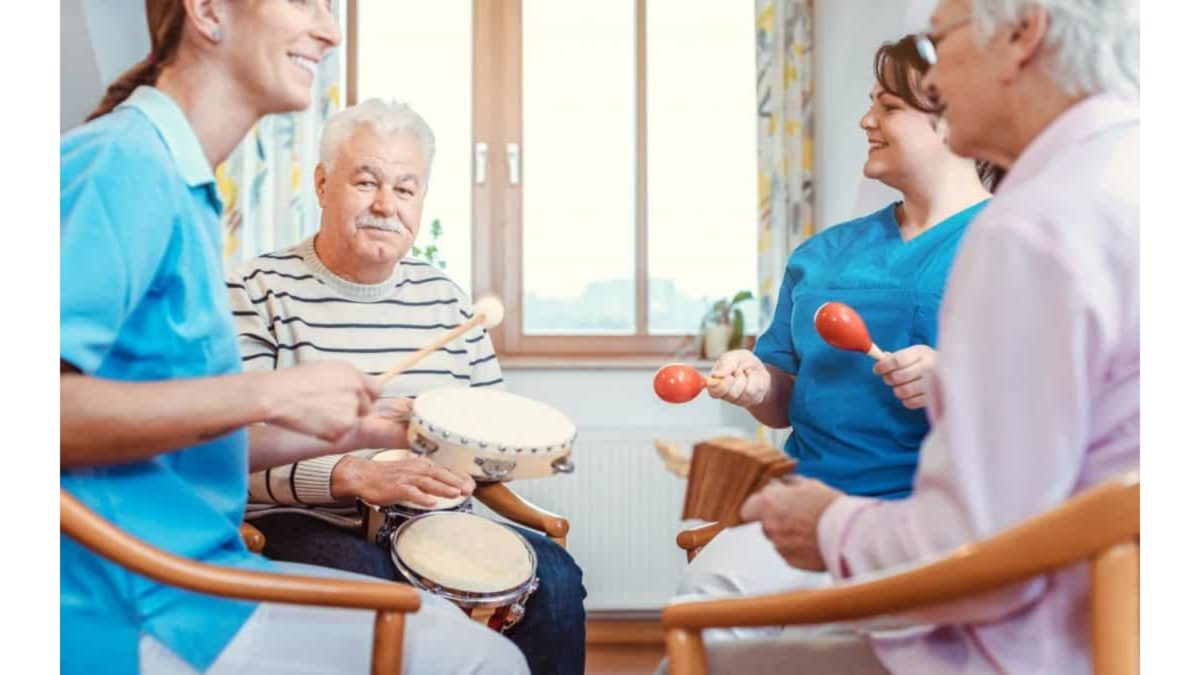When you picture yourself growing old, where do you see yourself? In a long-term care community, or at home?
If you said growing old in the comfort of your own home, you aren’t alone. In fact, according to the study conducted by Campaign Research Inc. on behalf of Home Care Ontario, 91% of Ontario seniors hope to live at home and want to receive home care services as they age, however, only 3% of them intend to move into a long-term care community.
A report published at Morningstar pointed out that around 50% of seniors 65 and older will need long-term care during their lifetime, so who will care for them?
Cognitive decline is a common symptom of aging in the elderly. As seniors get older, they often become more sensitive, isolate themselves from others and show agitation. These actions strengthen the idea that they need more tailored professional medical services and emotional support. The best way to calm the elderly is to let them feel that you are on their side, and CareStory can help caregivers achieve that. All caregivers, residents, and families are connected, with detailed information about our loved seniors available at their fingertips. Therefore, caregivers can form deep connections with the seniors, promoting empathy, and providing them with more tailored services.
Meet with Doug
Take Doug for instance; the grandfather of one of us at CareStory. He was being cared for at home, after he was diagnosed with stomach cancer. Now, Grandpa Doug was a stubborn man. He took great pride in serving in the Navy for over 35 years, and he knew how to take care of himself. This meant that he didn’t want anyone else to take care of him, ESPECIALLY a stranger. Several health care workers would come and go, and he would rarely cooperate. One day, by chance, a nurse brought up the Navy, and Grandpa Doug would not shut up about it. The nurse listened intently and asked questions for further discussion. “That’s incredible Doug. I’m just going to clean this wound for you to make you a bit more comfortable. So when you saw that whale when you came out of that underwater cave, what did you do next? Did you freeze?” Grandpa Doug was content and honoured that someone took the time to ask about memories that he held close.
Everyone will become elderly at some point, and everyone wants to be loved and taken care of. There is so much more we can do for the elderly, by understanding them, and being with them. Get to know your residents today.
REFERENCES:
Cision
Morningstar
American Psychological Association
Griswold Home Care









